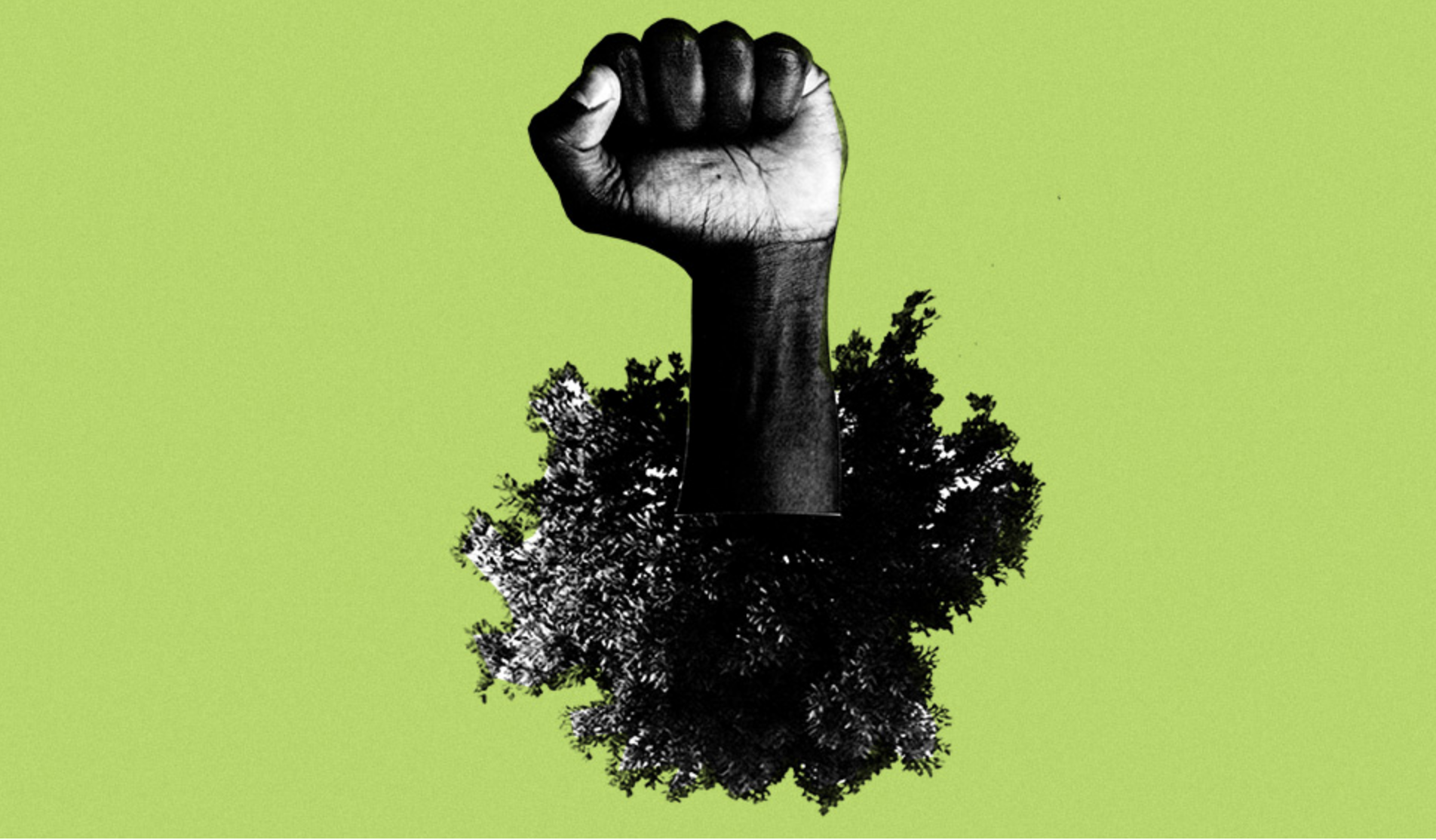Law of the Land
Published by “Huck Magazine”
Text by
Illustration © Zach Sebastian
Pollution levels are rising once again after reaching a record low in lockdown. Could rights of nature legislation prevent impending catastrophe?
In April, with half of humanity in lockdown, pollution dropped to unprecedented levels. Beijing, one of the most polluted cities on the planet, saw its usually toxic air pollution levels dwindle to almost nothing in little more than a month. Yet, as COVID-19 cases drop and lockdowns lift, pollution is rising again. Beijing’s air quality has plummeted back to pre-pandemic levels.
In spite of lockdowns, atmospheric carbon dioxide has now climbed to the highest levels ever recorded in human history. Some activists believe the only way to adequately protect nature from commercial interest is to grant nature rights – just like humans. According to the Global Alliance for the Rights of Nature, this would mean legally protecting nature’s ‘right to exist, persist, maintain and regenerate its vital cycle.’
Europe’s only indigenous people, the Sámi, are on the very frontline of the climate crisis. With the arctic heating at twice the rate of the rest of the planet, the Sámi have been vocal in their support for this legislation. Their ancestral land, Sápmi, stretches from the icy Norweigan sea in the west, across Sweden and Finland, all the way to Russia’s White Sea in the east. Now, deforestation and drastically climbing temperatures mean that the Sámi’s way of life desperately needs protection.
In a bid to preserve their home, the Sámi Parliament plenary assembly in Sweden signed a declaration in support of the “Rights of Mother Nature” in 2018 – a document that supports granting all of nature ‘human’ rights. This means a right to life, to respect, and regeneration.
While the Sámi Parliament can make such declarations, it cannot create enforceable laws in Sweden. However, late last year, Swedish member of Parliament Rebecka Le Moine proposed an amendment to the Swedish constitution, which, if passed, would ensure the rights of nature in Swedish law. And, the Sámi people aren’t the first ones to consider legally ‘personifying’ nature. Rights of Nature legislation has been passed in Ecuador, New Zealand, Bolivia, Colombia, and, briefly, India.
The Community Environmental Legal Defence Fund (CELDF), an environmental legal aid group, assisted with Sweden’s proposed constitutional amendments. Tish O’Dell, a community representative for CELDF, believes that nature legislation is necessary for the environment to be protected, drawing comparisons with the women’s suffrage movements.
See the full article at “Huck Magazine” HERE.

